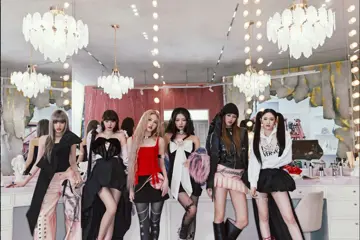French director Sophie Barthes’ (Cold Souls) adaptation of Gustave Flaubert’s Madame Bovary is a sweeping and alluring take on 19th century realism. The story of an impressionable and impulsive young woman who marries a country doctor, grows tired of her dull provincial life and responds accordingly, still manages to hold relevance for a contemporary audience.
Barthes casts a sympathetic eye on Emma Bovery, played by Mia Wasikowska, showing her boredom and frustrations with her tedious life, the symptoms of an underlying depressive disorder, and the literal suffocation of being a woman in the mid-1800s, bounded in corsets and trapped in keeping up appearances.
Lucky for Madame Bovary, her all too obliging creditor Monsieur Lheureux (Rhys Ifans) is happy to alleviate her woes with an endless supply of dresses, upholstered armchairs and golden curtains.
Barthes keeps her Madame Bovary aloof and unreachable, employing a Sofia Coppolla technique and letting the story slowly unfold around her eponymous character, presenting the narrative as it is rather than having it ask questions.
Don't miss a beat with our FREE daily newsletter
While this style of filmmaking does leave the film without a real climax, there’s something quite beautiful and captivating about this melancholic Madame Bovary.















